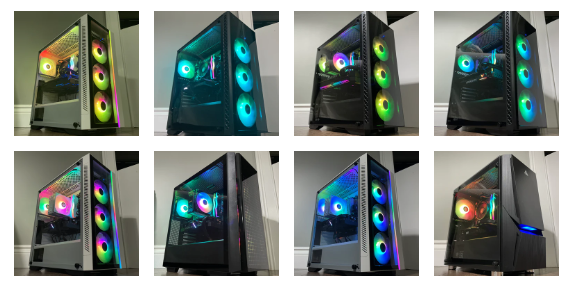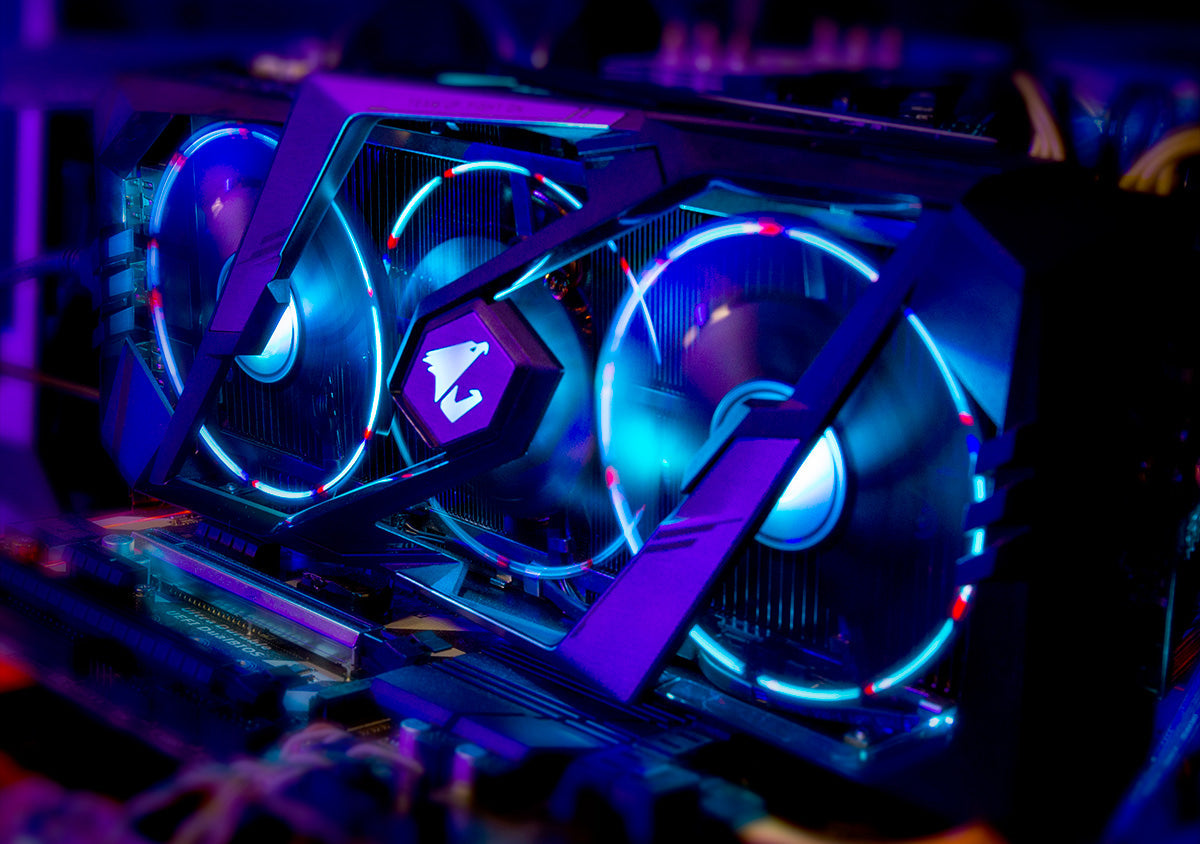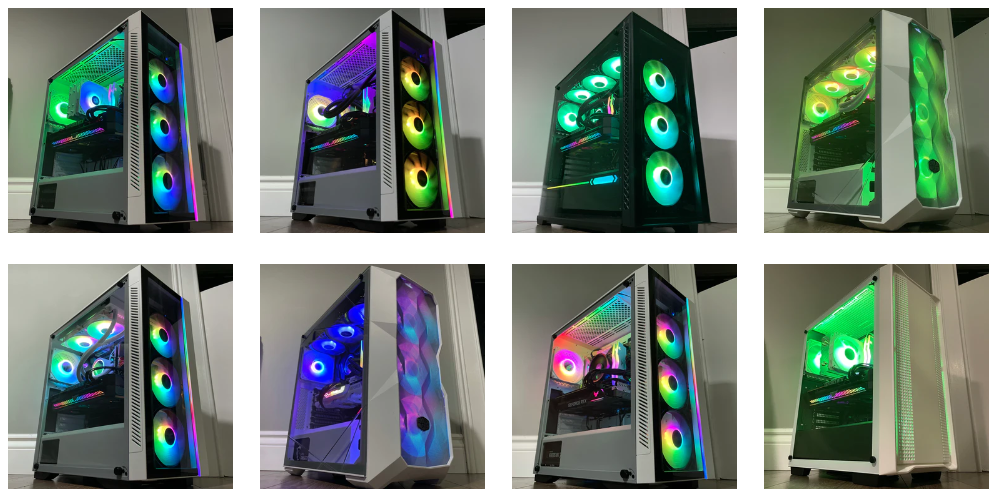Being on a budget can mean something other than settling for an average PC gaming experience. Here's what you must know to find the budget gaming PC right for you.
One of the most attractive advantages of a budget gaming PC is the flexibility of choosing your hardware. This allows for a broad spectrum of gaming PC configurations and the opportunity to select a pre-built system in your price range, whatever that may be.
All these options mean plenty of excellent choices for those interested in more entry-level machines. Working with a budget allows you to enjoy the world of gaming PCs. However, it means you must consider your options to find exactly what you're looking for.
What is A Budget PC?
To be clear: A budget PC will mean different things to different people. Therefore, there needs to be a universal definition of entry-level or budget, and only you know exactly what you are looking for. For this discussion, we'll define "entry-level" as a PC that can run most games in 1080p resolution at almost 60 frames per second. This baseline allows you to enjoy gaming PC's advantages while providing flexibility in the hardware you choose to achieve that goal.
Here are a few ways to find a suitable budget gaming PC.
Decide Your Budget First
The first step in choosing the pre-built budget gaming PC is determining how much you're willing to spend. Next, consider the maximum limit of your budget, and search for customized pre-built gaming PCs in that range. This should also serve as a baseline for your performance expectations. Also, use tools like this gaming PC benchmark database to determine if these systems are suitable for playing the games you want.
Remember, there's much more to a PC gaming setup than just the machine. You'll also need a display, a keyboard, a mouse, and possibly a headset for multiplayer gaming, so make sure you factor these into your budget. If you're looking at a laptop, you won't need an extra display, but a good mouse is still a brilliant investment. Of course, there are several ways to save money. A slightly older display can work fine with your new gaming PC, assuming it has the right connections, as well as an older keyboard and mouse. You can always upgrade these peripherals later. Once you've firmly established your budget, it's time to focus on your hardware needs.
Performance and Prioritization
When looking for a 60 FPS build, it's critical to consider the games you want to play and what kind of performance and features you're looking for. Then, map your hardware choices to those specific needs, and feel the minimum viable experience you'd be happy with as a baseline. This strategy applies whether you're looking at a pre-built desktop or a gaming laptop.
When shopping for a budget system, it's often best to prioritize the best out-of-the-box performance in-game before spending on additional features like extra memory or storage. You can upgrade components like RAM and storage later, and possibly even your GPU, depending on the configuration of your desktop. If future upgrades are essential to you, you'll want to keep that in mind when exploring your options, as some desktops are more difficult to upgrade than others.
Find The Right Fit
Once you know what your budget can buy and how various configurations perform, you'll find there are a vast amount of quality budget PC options out there. With the flexibility of different hardware configurations and the enormous selection of manufacturers offering systems across the price spectrum, there's never been a better time to upgrade, no matter your budget.
At Groovy Computers, all our products come with an excellent 1-year warranty. Visit https://groovycomputers.ca/ now!




Leave a comment
All comments are moderated before being published.
This site is protected by hCaptcha and the hCaptcha Privacy Policy and Terms of Service apply.